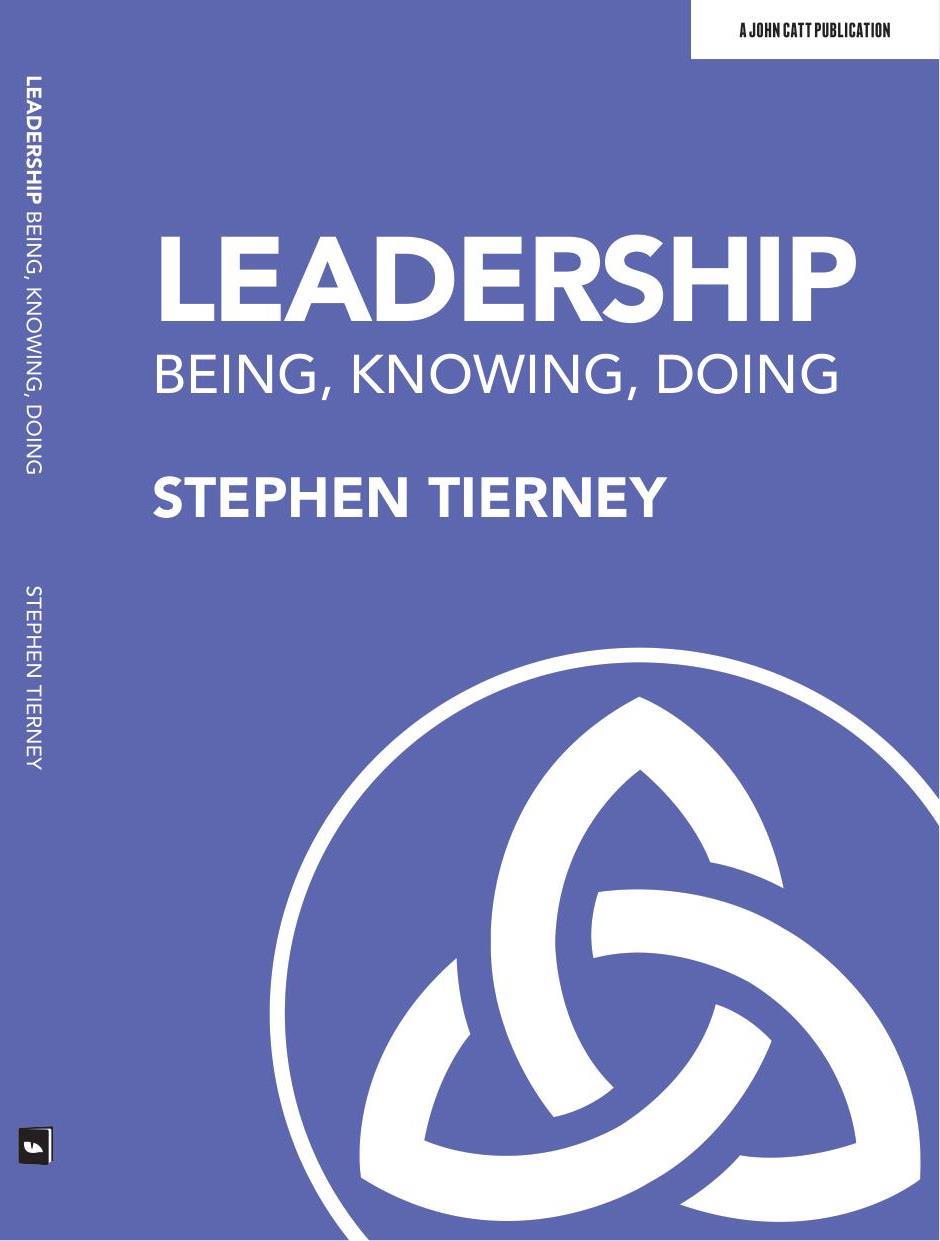If all your students read at the same standard as your very best readers in the year group would you transform the progress, attainment and life chances of your young people? I tend to say “yes” to this; so what must we do to achieve it?
Part of the work of our newly designated Research School is to challenge ourselves with the approach we take to solving some of our most intractable problems; using the best evidence available as part of the leadership and management processes within the school. The neatly named Best Evidence Encyclopaedia has just released a publication on Effective Reading Programs for Secondary Students. Most of what is below is taken from the paper; direct quotes are in italics to separate them out from my thoughts/reflections/summarising.
The authors essentially concluded that simply throwing more time at the problem won’t work; sit there and read in silence isn’t a solution. They helpful broke down their analysis into the impact of 1:1 or small group tutoring; co-operative learning; social emotional approaches and programmes using technology or metacognitive approaches. This could be a useful way of thinking about the different strands which could be interwoven through a school’s reading programme – different for prior attainment or age groups possibly – when planning the implementation.
The researchers identified a “theory of action” behind each approach. I find these fascinating as they provide the underpinning ideas or concepts. Also note how feedback and metacognition are interwoven through a number of the approaches; proven high impact strategies.
The theory of action behind …
… tutoring (1:1 or small group) emphasizes personalization to the needs and learning strengths of individual students, opportunities to vary the level and pace of instruction for students, and forming personal, caring relationships between tutors and students
… cooperative learning emphasizes motivation through engagement with peers and encouragement from them, learning by explaining to peers and receiving explanations from them, and personalization through individualized feedback from peers and teachers
… (technology) programs emphasizes adaptation of the level and pace of instruction to the individual needs of each student; ongoing formative assessment with immediate feedback to students and to teachers; and the motivational value to students that computers can bring, not only intrinsically but also with recognition and celebration built into the software to encourage students’ progress
… metacognitive strategy approaches without extra time emphasizes the idea that students who are struggling in reading need to learn specific, well-defined strategies to become effective comprehender
There is an excellent short summary of each of the different programmes looked at with the effect size and to what extent it is significant. Interesting Benchmark Assessments (which test students a few times each year to see if they are on track toward succeeding on state assessments … with information on students’ current status, as well as specific areas of strength and weakness, teachers and school leaders can find out early what students need and provide additional resources to help students before it is too late) had little impact. This feels counter-intuitive to me due to the high level of feedback provided by the programme. School leaders and teachers having the data is not enough; it’s what you do with it that matters.
The overall findings are:
“Specific programs using one-to-one and small-group tutoring, cooperative learning, and social-emotional approaches showed positive outcomes, as did a small number of programs emphasizing technology or teaching of metacognitive strategies … The findings suggest that secondary readers benefit more from engaging and personalized instruction than from additional time on supplemental courses.”
If we are going to spend significant time, effort and resource on improving our students reading it must have impact; decoding, comprehending and enjoying. Simply spending more time doing ineffective things or things ineffectively is not a solution to the problem. In many ways it’s at the root of the workload issue we currently have in education.




Discussion
Trackbacks/Pingbacks
Pingback: What Teachers Tapped This Week #7 - 30th October - Teacher Tapp - October 30, 2017